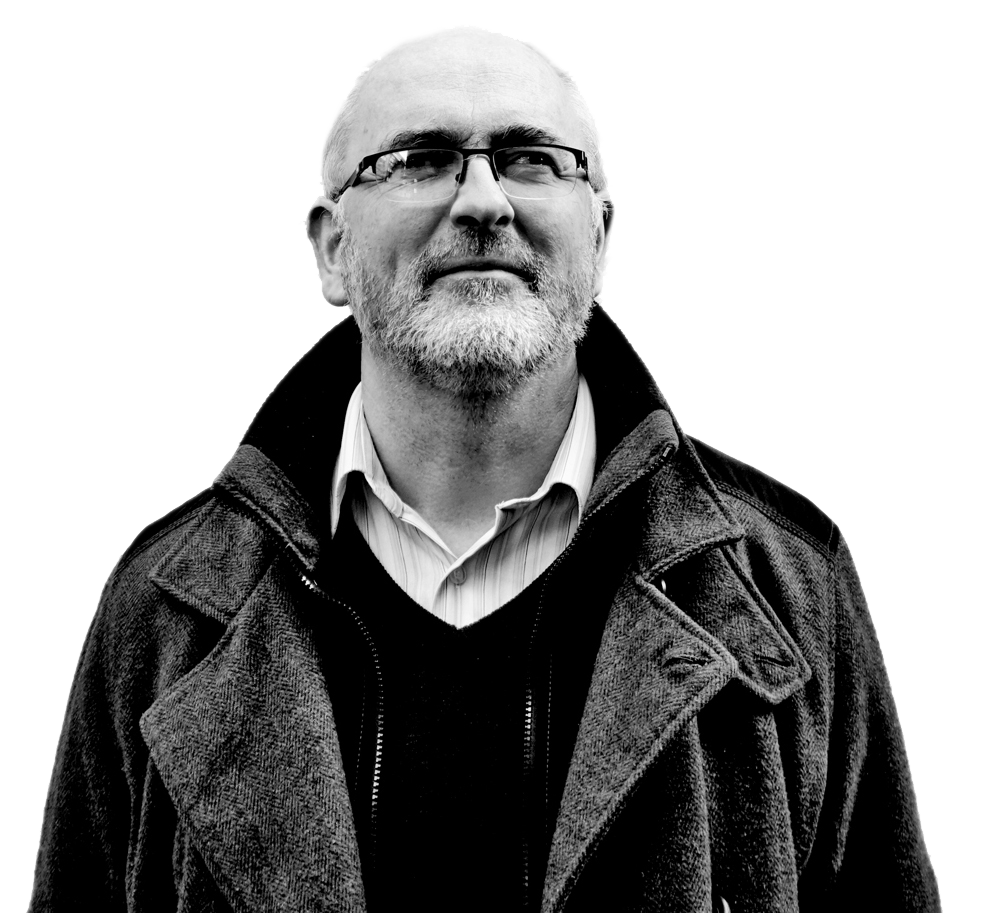Musings: Does Church Stifle Spiritual Growth?
(From the July - September 2021 issue of VOX)
In our local church, we are in the process of a ‘listening’ exercise linked to emerging from lockdown. We used a simple questionnaire around a traffic light system:
GREEN – what are things we need to return to as core activities?
GREEN FILTER ARROW – what are core activities we should return to but in a different way?
AMBER – what are new things begun in lockdown which would be good to continue and develop?
RED – what things should we reassess with a view to stopping or investing less time in?
As leaders, we now have a lot of feedback to reflect on, a process that will take some time. Reading it got me thinking about the need to regularly ask questions about what we are doing and why. At least three things have come to mind that I’d like to share in these musings.
The first is how welcomed the process has been. An overwhelming sense, made in verbal and written comments, is of appreciation of the chance as a church to pause, review and reflect what we are about as a community.
Second is how rarely these sorts of questions tend to get asked in churches (at least in my experience, maybe yours is different). Asking questions is risky. We may not expect the answers we get. We may not like the answers we get. But without giving space for people to express their views honestly, we will never really know what is going on.
“It’s actually those answers that leaders find most troubling, or disagree with the most, that we need to be listening to the hardest.”
Third, my theory is that it’s actually those answers that leaders find most troubling, or disagree with the most, that we need to be listening to the hardest.
This need to listen to people with questions is backed up by several significant studies about why people leave churches. One was by Alan Jamieson, A Churchless Faith: faith journeys beyond the churches (2000) who interviewed a large sample of people from evangelical, pentecostal and charismatic churches (EPC churches). One of Jamieson’s most surprising, and challenging, findings has been that only about 1% of people leave church due to losing their faith. About 81% leave because they’ve come to the reluctant conclusion that there is no place for them in their church community. For them, church has, paradoxically, become an obstacle to growing as a Christian and so they leave to continue to work out their faith elsewhere.
And here’s the key thing – such Christians are NOT young believers or half-hearted disciples. They tend to be committed, long-serving and mature Christians who have given years of dedicated service to their local church. They don’t want to go, they leave because who they are – what they think and feel, what is important to their faith and life – has no place in their church community.
These believers are wrestling with searching biblical, theological and ethical questions that life experience has thrown at them. Avoiding such questions in preaching and teaching, or answers that just appeal to tradition (this is the way we do things) or authority (accept what you have been told) do not satisfy. They need to work things out for themselves - but this is where real discovery happens and faith is deepened.
Jamieson found that most EPC churches have little or no space in their teaching, worship and ministries for these sorts of people. They can often be seen as disloyal or divisive and are therefore marginalised. Fear of questioning is understandable but here’s the paradox: the more questions are either ignored or shut down the more likely it is those with critical questions will be unwillingly squeezed out.
So rather than finding believers with hard questions a threat, or dismissing them, another author, John Wilks, argues the best response leaders can have is this:
“‘Bring it on’ … bring your questions, doubts, uncertainties and let us debate them vigorously and robustly, with respect and rigorous deliberation. Let us reject all half explanations and simplifications, let us look at the difficulties with all their complexity and confusion.”
This sort of response shows a confidence in God and His Word because there is no fear in seeking the truth.
Dr. Patrick Mitchel is Senior Lecturer in Theology at the Irish Bible Institute. You can follow his blog at www.faithinireland.wordpress.com.


